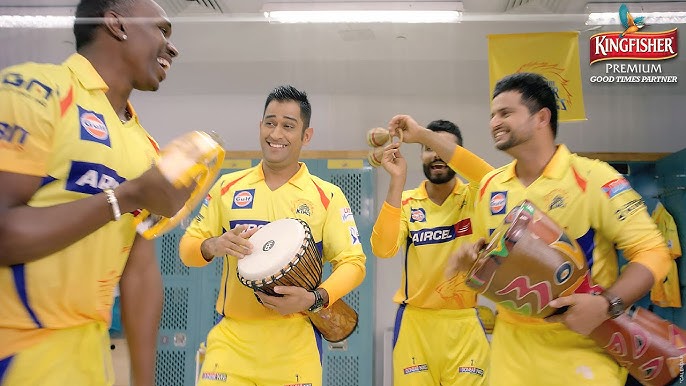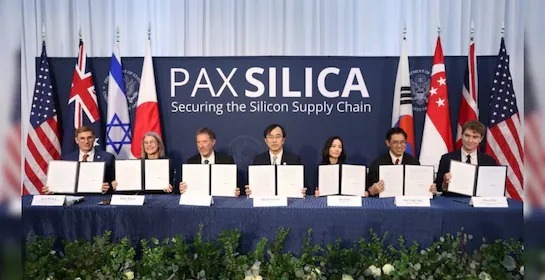@JUDGMENTTAG-ORDER
B.N. Patnaik, J.@mdashThis revision has been preferred by the Plaintiff against the order dated 13th September 1993 in I.A. No. 824 of 1993 arising out of O.S. No. 184 of 1980 on the file of the Munsiff''s Court, Kozhikode, by which his prayer to implead supplemental Defendants 3 to 6 as the legal representatives of the deceased first Defendant was rejected.
2. The Petitioner/Plaintiff filed the suit against Defendants 1 and 2 for the issue of a prohibitory injunction restraining them from trespassing into the plaint A schedule property and not to commit damage to the same on the ground that the property is in his possession and enjoyment on the strength of a registered Kanam deed of 1959. He alleged that the Defendants illegally made attempts to trespass into the property and cause damage to it. During the pendency of the suit, the first Defendant died on 19th September 1992. Hence he filed a petition under Order 22 Rule 4 CPC for substitution of the deceased Defendant by impleading his legal representatives as supplemental Defendants 3 to 6.
3. By the impugned order, the learned Munsiff rejected the petition on the ground that the relief of injunction being a personal remedy, the cause of action will not survive after the death of the wrong doer. The Plaintiff has no case that the legal representatives of the deceased Defendant, who are now proposed to be impleaded, made any attempt to trespass into the plaint A schedule property. He further held that the proposed Defendants cannot be impleaded simply because of the fact that they are the legal heirs or representatives of the deceased Defendant when the Plaintiff has no cause of action against them.
4. Although notice was duly served on the Respondent, neither the Respondent nor his counsel entered appearance.
5. Heard learned Counsel for the Petitioner.
6. It is contended by the learned Counsel that even assuming that the proposed legal representatives of the deceased Defendant have not made any attempt to commit trespass into the property of the Plaintiff, yet they should be impleaded as they are proper parties under Order 1, Rule 10(2) CPC Learned Counsel also relied on Section 2 of the Kerala Torts (Miscellaneous Provisions) Act, 1976 (Act 8 of 1977) and contended that under this provision the legal representatives of the deceased Defendant have to be impleaded as the cause of action against his estate was subsisting at the time of his death.
7. Order 22, Rule 4(1) CPC contemplates inter alia that the Plaintiff may make an application to cause the legal representatives of the deceased Defendant to be made a party where one of two or more Defendants dies.
8. Sub-rule (2) of Rule 10 of Order 1 CPC reads as follows:
(2) Court may strike out or add parties.- The Court may at any stage of the proceedings, either upon or without the application of either party, and on such terms as may appear to the Court to be just, order that the name of any party improperly joined, whether as Plaintiff or Defendant, be struck out, and that the name of any person who ought to have been joined, whether as Plaintiff or Defendant, or whose presence before the Court may be necessary in order to enable the Court effectually and completely to adjudicate upon and settle all the questions involved in the suit, be added.
9. The question as to whether or not the deceased Defendant had any right over the property into which attempted trespass has been alleged is a matter affecting the right of possession of the same. Incidentally a question may also arise as to whether the property into which the alleged attempt to trespass was made exclusively belongs to the Plaintiff or is a part of the property of the deceased Defendant which is now presumed to be in possession of the legal representatives. Therefore, their presence before the Court is necessary in order to enable the Court effectually and completely to adjudicate upon and settle all the questions involved in the suit. They are, therefore, proper parties in this case. Hence, they are entitled to be impleaded under Sub-rule (2) of Rule 10 of Order 1 Code of Civil Procedure.
10. Section 2 of the Kerala Torts (Miscellaneous Provisions) Act, 1976 (Act 8 of 1977) lays down as follows:
2. Effect of death on certain causes of action.- On the death of any person after the commencement of this Act, all causes of action subsisting against or vested in him shall survive against, or as the case may be, for the benefit of, his estate:
Provided that this section shall not apply to causes of action for defamation or seduction or for inducing one spouse to leave or remain apart from the other or to claims for damages on the ground of adultery.
11. The above Act came into force with effect from 1st March 1977. On a perusal of this provision, it appears that if the cause of action was subsisting against the estate of the deceased at the time of his death, the same shall survive against or for the benefit of his estate. This case does not come within the purview of the proviso to the section.
12. Since a question as to the right of possession of the suit property by the Plaintiff to the exclusion of the legal representatives the same being not a part of the estate of the deceased Defendant has to be decided, I am of the view that the cause of action survives against and for the benefit of the estate of the deceased Defendant which his legal representatives are entitled to possess. Thus, the impugned order of the learned Munsiff cannot be sustained, in view of the fact that the same is found to be contrary to the principles of law as stated above.
13. In the result, the revision is allowed. The impugned order is quashed. The learned Munsiff is directed to implead the legal representatives of the deceased Defendant as supplemental Defendants 3 to 6 in the suit.

